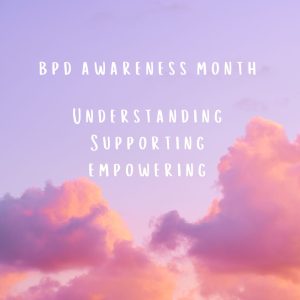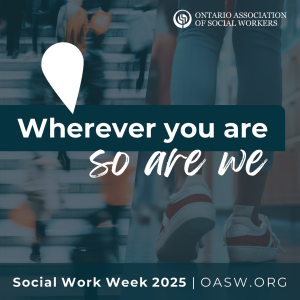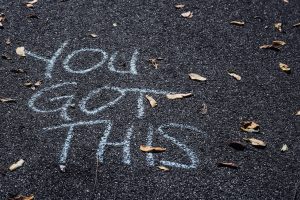Kierkegaard writes that anxiety is felt by the individual because he is free. In other words, knowing that we are ultimately responsible for who we are, our actions and the outcomes of those actions is a terrifying notion to accept. A large part of the human condition is feeling anxiety toward our own free will.
Philosophers like Merleau-Ponty, Sartre, Beauvoir, etc., were inspired by Kierkegaard and some would say that he paved the way for the existentialist school of thought, which primarily treats of the individual.
Kierkegaard writes:
“Life is not a problem to be solved, but a reality to be experienced.”
Due to willfulness, I will resist reality by trying to find solutions for something that cannot be solved, e.g., if I’m feeling anxious, I will look for ways to escape that anxiety. What is in any given moment, whether it is an emotion, sensation or event, often cannot be changed and so DBT tells us that if that is the case we must radically accept. I need to stop, in others words, trying to change or solve everything and experience my life. When I experience reality to the fullest, I am living mindfully. Mindfulness is experiencing the reality of the present moment with full awareness.
“Anxiety is the dizziness of freedom.”
I think that what Kierkegaard writes here is so painfully true for me. My anxiety is a part of who I am as a human being and I experience it because I am constantly faced with different choices and possibilities, products of me being a causal agent in the universe with free will. Without freedom, everything would be certain or predetermined. If my life, my future and whatever else felt certain, I wouldn’t have anything to feel anxious about. A part of radical acceptance if one has anxiety is to accept that anxiety is a part of one’s life (at least for that moment).
What I am suggesting is that we try and look to other possible significations of anxiety in our lives, that is, beyond the biological or even psychological explications of this debilitating emotion. There are so many perspectives that one can have in these kinds of inquiries: anthropological, sociological, philosophical, etc. Some might argue that philosophy has no place in this modern world of science. I don’t know about you, but I feel as though science leaves out so much in terms of the human mind. I am more than just an ebb and flow of chemicals, after all.
My question to you is, do you think that our anxiety is a result of freedom? If so, does radical acceptance/mindfulness make sense as an option for experiencing reality?





